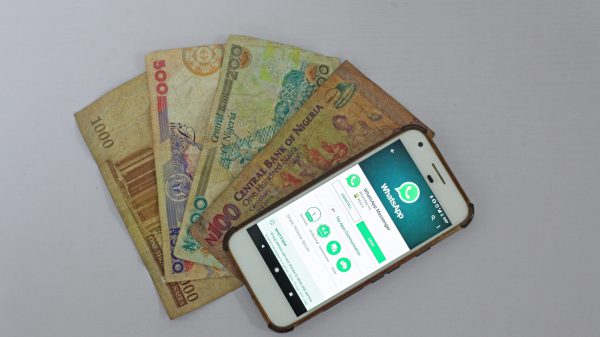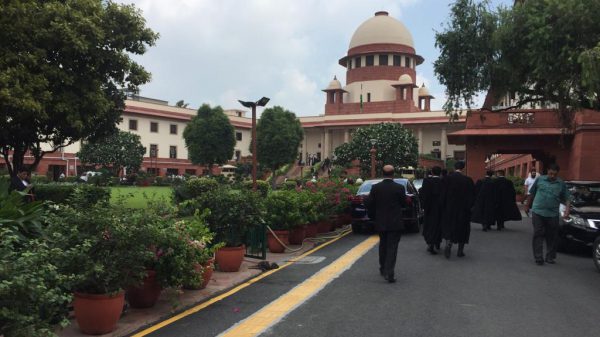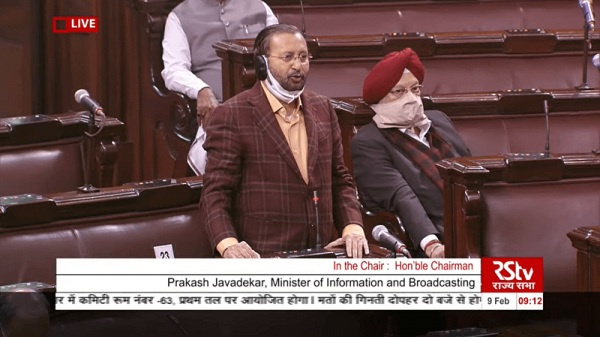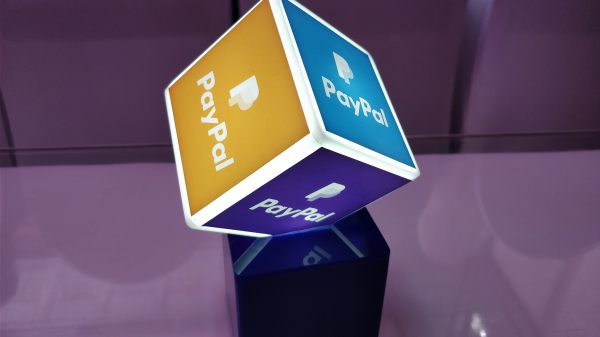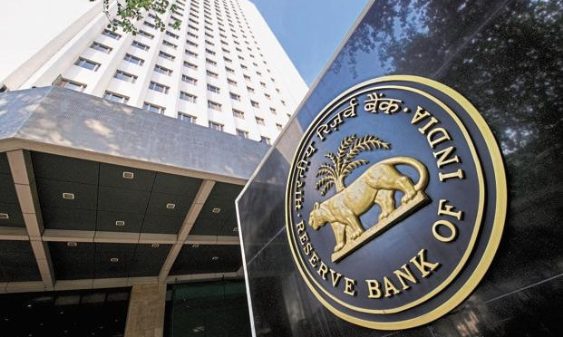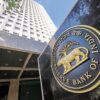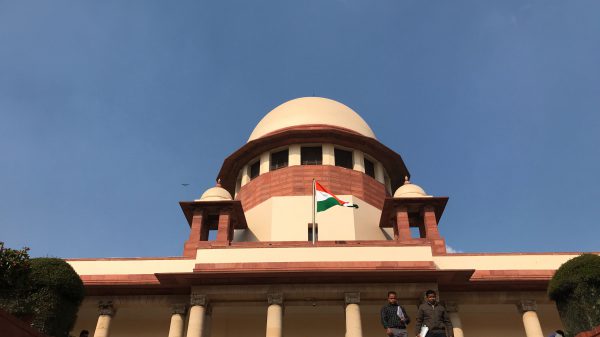WhatsApps’ payment service in India has got off to a sluggish start in the last few months, but is slowing gaining traction over payments apps. While several third-party apps on the Unified Payments Interface (UPI) have a higher market share than WhatsApp, in just a few months it has beat several banking and third-party UPI apps that have been around for longer.
According to data from the National Payments Corporation of India, WhatsApp Pay processed 5.6 million UPI transactions worth Rs 36.44 crore in January 2021, compared to 8.1 million UPI transactions worth Rs 29.72 crore in December 2020.
The global messaging platform was allowed to commercially launch only in November last year, after two years of beta-testing. Between November and December, the volume of transactions grew by 161% while the value of transactions by 114%. However, between December 2020 and January 2021, the volume of transactions fell by 31% while the value of transactions grew by 22%.
WhatsApp Pay’s market share, however, has grown marginally from 0.0035% in November and 0.007% in December 2020, to 0.0085% as of January 2021. While MobiKwik, Samsung Pay, Ultra Cash, Freecharge, Cred and the NPCI’s BHIM app each have a higher market share in UPI compared to WhatsApp Pay, other banking apps like Jio Payments Bank, Fino Payments Bank, RBL Bank, TrueCaller and Mi process far less transactions. WhatsApp Pay has a rank of 21 out of 56 third-party UPI apps, according to the NPCI.
Factors behind delayed launch
WhatsApp Pay’s launch was restricted to 2 million users when the NPCI gave its approval. This was done in order to restrict the surge of users to the platform which would have placed an inordinate burden on the underlying banking infrastructure, as the platform has over 400 million users in India. Yet, despite this restriction WhatsApp Pay has not scaled its UPI service all that much through marketing efforts unlike its counterparts who grew their user-base on the back of cashbacks and other discount offerings.
The global messaging service’s UPI feature was delayed due to several reasons, mainly compliance with data localisation norms set by the Reserve Bank of India (RBI). It has also faced several legal challenges over the last few years. The most recent of which surrounds the company’s new privacy policy.
According to an affidavit filed in the Supreme Court, the RBI and NPCI were constantly monitoring WhatsApp’s compliance with the regular’s data storage norms for its payments’ business from April 2018 onward. While other third-party players were able to design their UPI apps and data practices in full compliance with the RBI’s circular in the following months, WhatsApp took much longer.
Email correspondence between the RBI, NPCI and WhatsApp, reveals that WhatsApp was ready to go-live with its UPI service in November 2019 but the RBI intervened and asked the NPCI to conduct more checks and ensure specific data was not being stored by the company abroad. This led to delays in WhatsApp Pay’s roll-out.
Recently, Abhijit Bose, Head of WhatsApp India said that as part of the company’s financial services strategy in India, it will soon allow consumers purchase affordable sachet-sized health insurance policies and micro-pension products on the app itself.
Also Read


